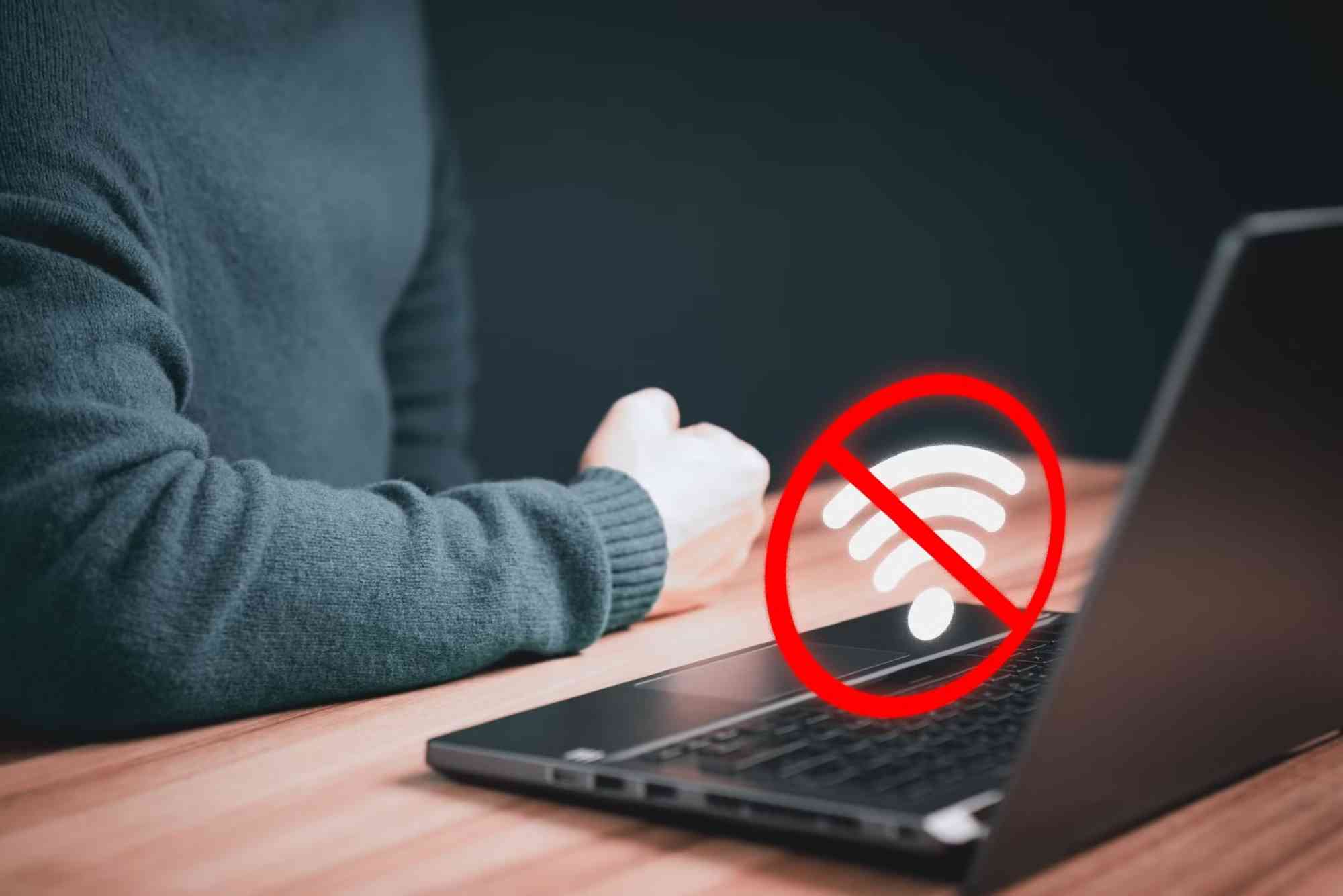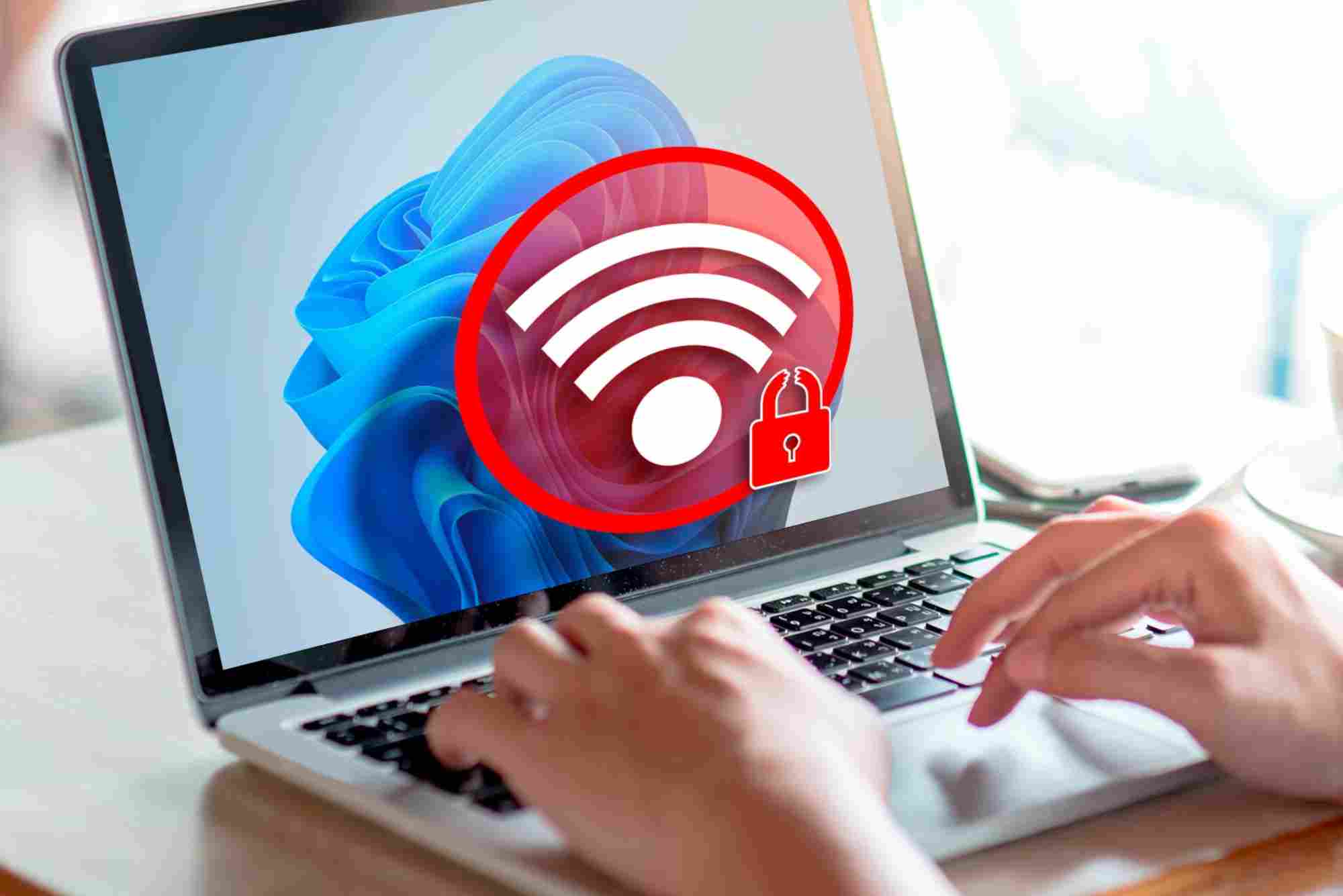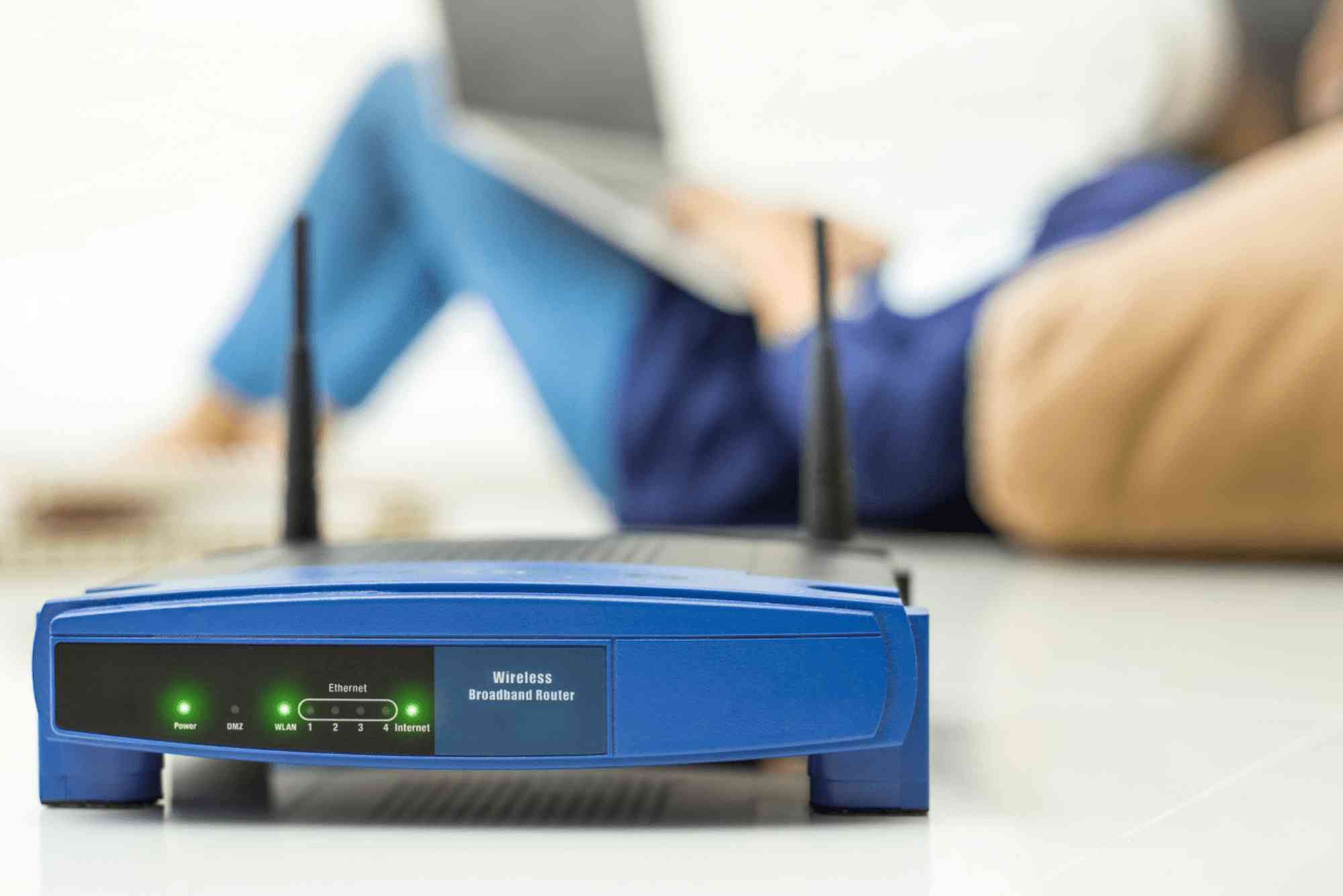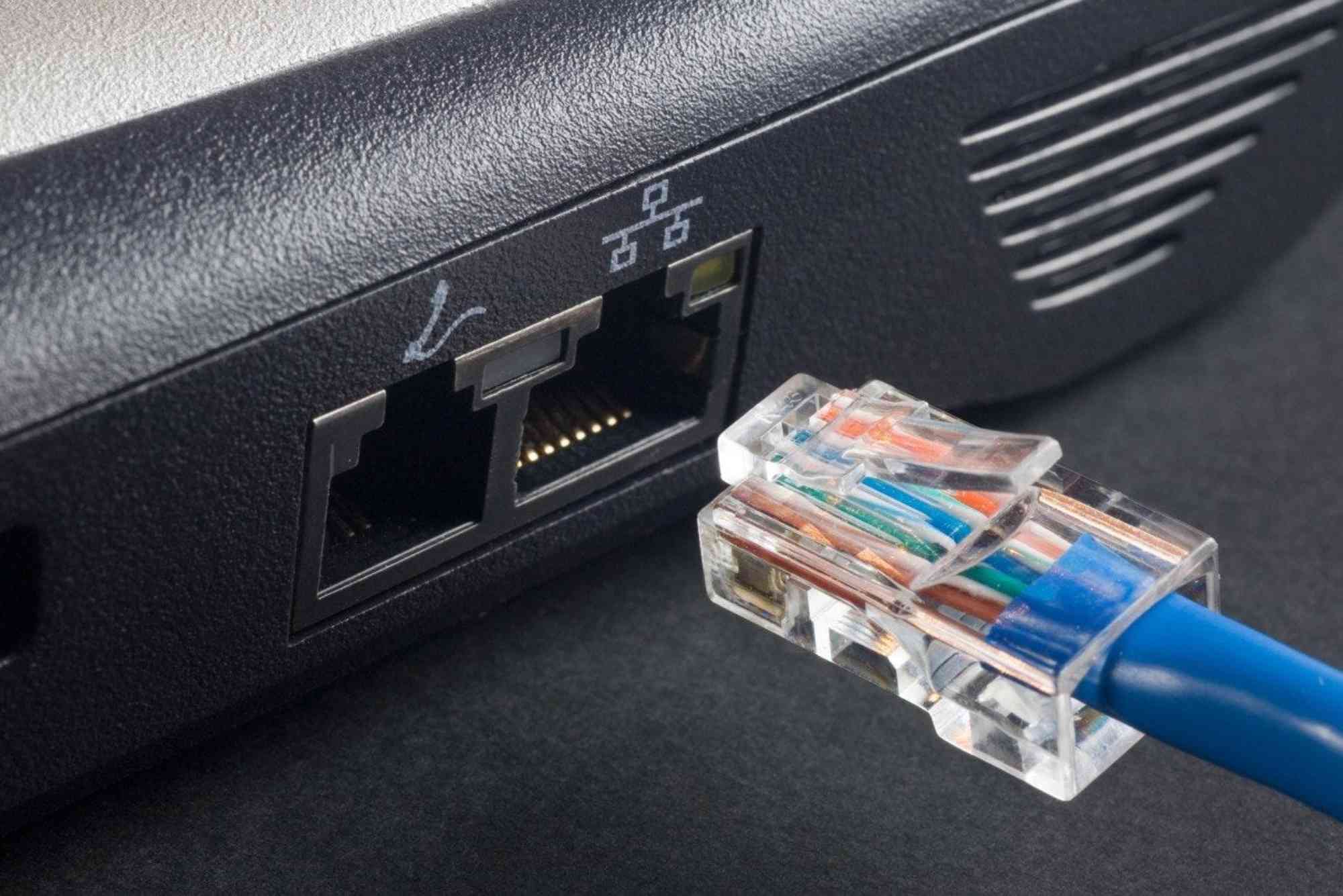Introduction
In today’s digital world, online privacy and security have become essential. With data tracking, cyber threats, and geo-restrictions on the rise, many users search for tools to safeguard their internet activities. Two of the most common tools are VPNs and proxies. While both serve the purpose of hiding your IP address and giving you more control over online browsing, they differ significantly in terms of features, functionality, and security. This article explores VPN vs proxy: differences explained, helping you decide which one suits your needs.
Understanding VPNs and Proxies
Before diving into the differences, it’s important to understand what each tool does and how it works.
What is a Proxy?
A proxy server acts as an intermediary between your device and the internet. When you connect through a proxy, your request passes through the server, which then communicates with the website on your behalf. This masks your IP address and replaces it with the server’s IP. Proxies are often used for bypassing geo-restrictions, accessing blocked websites, or hiding IP details in a lightweight way. However, they don’t encrypt your data, which means your activity can still be tracked by ISPs, hackers, or government agencies.
What is a VPN?
A Virtual Private Network, or VPN, provides a secure encrypted tunnel between your device and the internet. Unlike proxies, VPNs encrypt all your traffic, ensuring your data remains private. VPNs are widely used for safe browsing on public Wi-Fi, bypassing censorship, streaming region-locked content, and maintaining anonymity. They protect your connection at a system level, covering all apps and browsers, not just a single application.
VPN vs Proxy: Differences Explained
Although VPNs and proxies share a few similarities, the differences between them highlight why one may be better suited for specific tasks.
Level of Security
The main distinction is in the level of security they provide. Proxies do not encrypt your internet traffic. They simply hide your IP, making them suitable for low-stakes tasks such as accessing restricted content. VPNs, on the other hand, use advanced encryption protocols like AES-256 to secure your connection. This prevents hackers, ISPs, and third parties from snooping on your activity. If you value security, VPNs are clearly the stronger option.
Speed and Performance
Since proxies don’t encrypt traffic, they often deliver faster speeds, especially when used for simple browsing. However, free proxy servers tend to get overloaded, which can slow down performance. VPNs, while secure, sometimes experience a slight decrease in speed due to encryption. Premium VPNs, however, optimize servers to balance speed and protection, making them ideal for activities like streaming or online gaming.
Privacy and Anonymity
Privacy is another key difference. A proxy hides your IP but doesn’t stop websites from tracking you with cookies or fingerprinting. It also doesn’t prevent your ISP from seeing your browsing activity. VPNs, by encrypting traffic and masking your identity, offer greater anonymity. This makes VPNs essential for anyone concerned about surveillance or data privacy.
Scope of Use
A proxy usually works on the application level. For instance, you can configure your browser to use a proxy server, but other apps on your device will remain unprotected. VPNs, however, secure your entire device, including browsers, apps, and background connections. This makes VPNs more comprehensive for full-device protection.
Cost and Accessibility
Proxies are often free or cheaper, making them attractive for casual users. Yet, free proxies frequently suffer from poor performance, lack of security, and unreliable connections. VPNs generally require a subscription, but they deliver far more value with advanced security features, stable connections, and customer support. In the long run, VPNs prove to be a smarter investment.
Streaming and Geo-Restrictions
Both VPNs and proxies help bypass geo-blocks, but VPNs are more reliable for streaming. Many streaming platforms like Netflix, Hulu, or BBC iPlayer actively block proxy servers. VPNs, especially premium ones, maintain large server networks designed to bypass these restrictions. If your goal is to enjoy global streaming, VPNs are a better choice.
When to Use a Proxy vs When to Use a VPN
Choosing between the two depends on your needs. If you only want to access a blocked website quickly without worrying about security, a proxy is fine. However, if you’re connecting to public Wi-Fi, handling sensitive data, or want complete anonymity, a VPN is the better option. Businesses, journalists, and remote workers often rely on VPNs for secure communication.
For casual browsing, proxies may suffice. But for long-term safety and consistent performance, VPNs stand out as the superior choice.
Benefits of VPNs Over Proxies
VPNs go beyond just masking your IP. They protect your digital identity with encryption, prevent bandwidth throttling from ISPs, and offer features like kill switches and split tunneling. Unlike proxies, VPNs ensure all your online activities remain private and secure.
For users seeking reliable services in South Asia, providers such as Dhanote Internet Services offer trusted connectivity and solutions that enhance online security and performance.
Common Misconceptions About VPNs and Proxies
Many users assume proxies and VPNs are interchangeable, but this is far from true. A common myth is that proxies are just as secure as VPNs. In reality, proxies lack encryption. Another misconception is that VPNs are always slow. While free VPNs may struggle, premium ones provide high-speed servers designed for streaming and gaming.
The Future of Online Privacy Tools
As digital surveillance expands, tools like VPNs will only become more essential. Cybersecurity experts predict that VPNs will integrate with advanced technologies such as zero-trust networks and AI-driven protection. Proxies may still have a place for lightweight browsing, but VPNs will continue to dominate in providing comprehensive online protection.
FAQs
Is a VPN safer than a proxy?
Yes, VPNs encrypt your traffic, making them far safer than proxies that only mask your IP address.
Does a proxy hide your identity?
A proxy hides your IP but doesn’t fully protect your identity since your traffic remains unencrypted.
Do VPNs affect internet speed?
VPNs may slightly reduce speed due to encryption, but premium VPNs optimize servers for fast and stable performance.
Can I use a proxy and VPN together?
Yes, but it’s often unnecessary. VPNs already provide full encryption and IP masking, making proxies redundant.
Which is better for streaming, VPN or proxy?
VPNs are more effective for streaming since they bypass geo-restrictions and are less likely to be blocked by platforms.
Are free VPNs and proxies safe?
Free tools often compromise privacy, collect user data, and offer poor reliability. Paid services are far safer and more consistent.
The debate of VPN vs proxy: differences explained highlights one important truth—while proxies are simple tools for masking your IP, VPNs provide complete online security, privacy, and flexibility. Proxies may serve short-term needs, but VPNs are the best solution for anyone serious about digital safety and unrestricted browsing.







